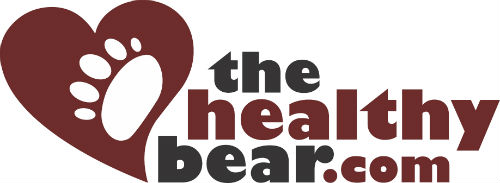Currently Trader Joe’s is recalling batches of peanut butter after the FDA issued an expanded product recall. This was started after more people have fallen ill after peanut butter was found to be tainted with Salmonella, a bacteria that can cause severe diarrhoea.
Thankfully Salmonella usually only causes a transient illness, however in the young, the elderly and those with compromised immune systems the severe diarrhoea can lead to severe dehydration requiring hospitalisation. Today I wanted to cover the main symptoms of Salmonella poisoning, some tips on when it’s important to seek medical help and how you can help stop the spread.
What is Salmonella poisoning?
Salmonella is a bacteria that can be found in poorly cooked meat, chicken and seafood, on the surface of unwashed fruit and vegetables and sometimes in the yolks of eggs. One particular strain of Salmonella, Typhoid, is caused by water supplies being contaminated by faecal matter and infection. This strain is quite rare in the western world. Most western cases are caused by poor food handling.
Symptoms of Salmonella poisoning normally occur 12-72 hours after exposure and present with fever, abdominal cramps and diarrhoea. Some people can have nausea, however vomiting is not common. The fever normally lasts two to three days and the diarrhoea can last for over a week.
For most people simple treatment with lots of fluids, small meals that are low in fat and rest are enough to allow the body time to heal. If your immune system is weak for any reason or you have any of the symptoms listed below seek medical care immediately.
Symptoms of severe Salmonella poisoning
[unordered_list style=”green-dot”]- Severe belly pain
- Fever higher then 38°C (100.4°F)
- You are unable to eat or drink
- You notice blood in your vomit or stool
Strict adherance to safe food handling and regular hand washing can help reduce the chance of the Salmonella spreading.
Other tips to reduce the risk of Salmonella poisoning include:
[unordered_list style=”tick”]- Avoiding unpasteurized milk products
- Ensuring your meats in particular seafood and chicken are well cooked
- Cooking egg yolks till they are firm
- Washing fruit and vegetables before eating
- Ensuring your refrigerator is working well and colder than 4.4°C (40°F) and the freezer below -18°C (0°F)
- Being sure to wash hands, knives and cutting boards with hot soapy water after handling raw foods
Click here for a complete list of peanut butter brands included in the FDA recall. Major peanut butter brands Skippy, Jif and Peter Pan are not currently included as part of the recall.
Of course if you have any questions or concerns be sure to talk to your doctor or local community health centre.
Yours in good health.
Dr George

Leave a Reply